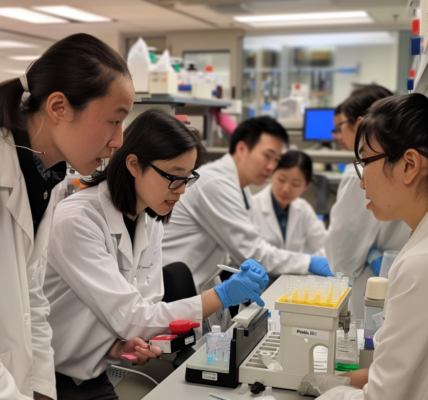Countries in Asia Pacific are facing a significant challenge in meeting their commitment to eliminate hepatitis by 2030. A disease specialist has suggested that declaring a public health emergency, similar to the response to COVID-19, may be necessary to achieve this goal.
Hepatitis, an inflammation of the liver, is currently the second most deadly infectious disease globally, following closely behind COVID-19. According to the World Health Organization (WHO), hepatitis claims the lives of 3,500 individuals every day.
The WHO established targets in 2016 to reduce new infections by 90% and deaths by 65% before 2030, while also aiming to treat 80% of affected individuals to ultimately eradicate the disease. Despite these efforts, many countries in the Asia Pacific region are falling short of meeting these objectives.
During a forum on infectious diseases in Vietnam, Professor Saeed Hamid from Aga Khan University in Pakistan highlighted that at the current pace, most countries in the region will likely miss the elimination target by 2030. He emphasized the urgent need for increased coverage in diagnosis and treatment for hepatitis.
Although there has been progress in diagnostic tools and a decrease in the cost of testing and treatment, there remains a critical gap in providing adequate care. Many individuals do not receive treatment, and for those who do, it often comes too late to be effective due to the delayed onset of symptoms in the disease’s advanced stages.
Professor Hamid stressed the necessity of declaring a health emergency in high-burden countries, drawing parallels to the swift and decisive actions taken in response to the COVID-19 pandemic. He highlighted that with the right political will, it is possible to address the hepatitis crisis effectively.
Hepatitis is caused by various viruses, including types A, B, C, D, and E. While vaccines are available for hepatitis A and B, there is a lack of widely accessible vaccines for the other types of the virus.
The Asia Pacific region carries the heaviest burden of hepatitis, with Pakistan now recording the highest number of hepatitis C cases globally at 8.8 million. Urgent and coordinated efforts are needed to ramp up prevention, diagnosis, and treatment strategies to combat this deadly disease and work towards its elimination by 2030.





